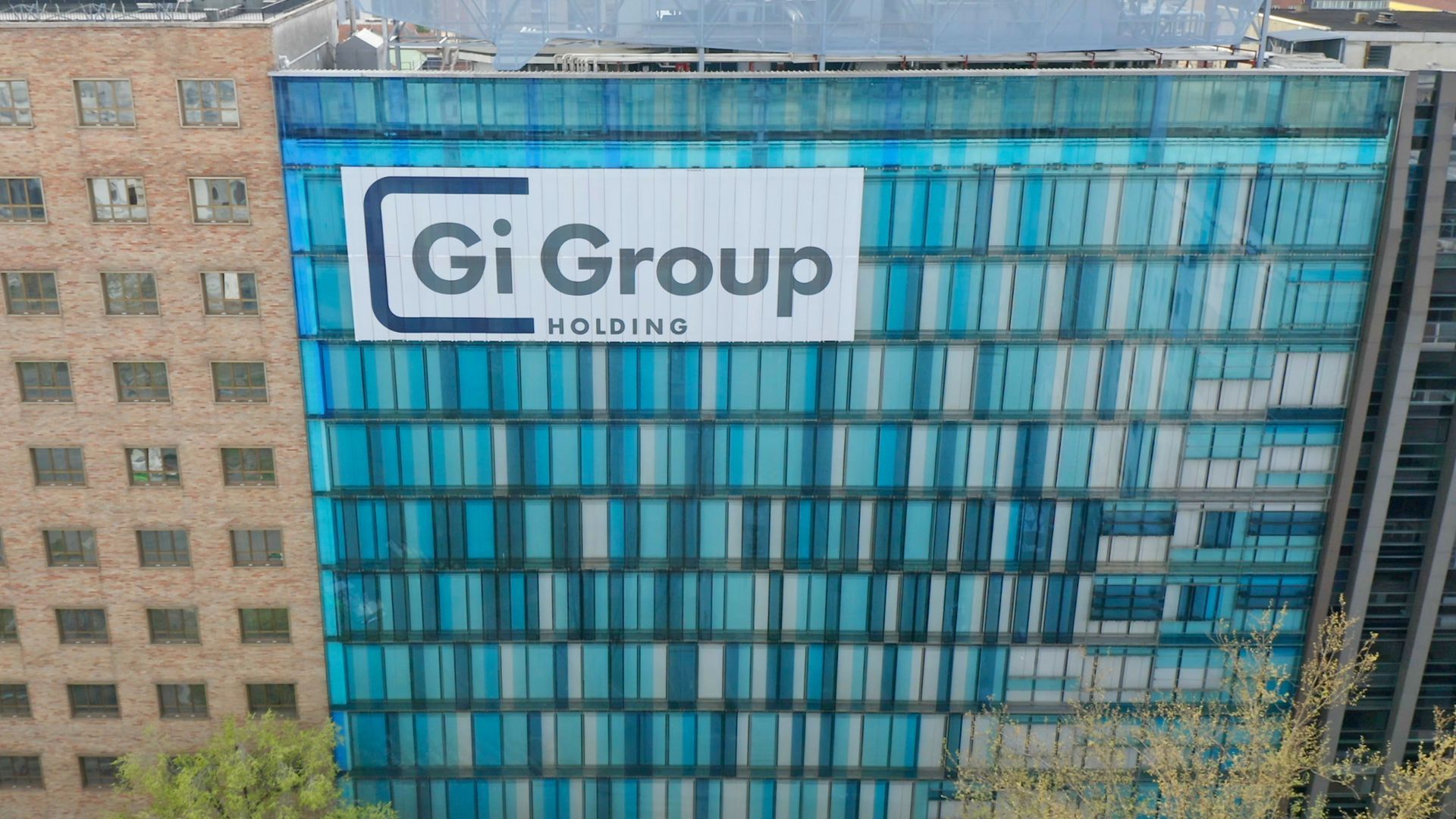The future of work is hybrid, how can you prepare yourself?

Practically all projections anticipate that the predominant work scheme in this new normality will be hybrid.
Returning to face-to-face work will no longer be easy, however, a safe return in the best conditions for emotional health is possible through this form of hybrid work which, without neglecting the prevention measures required by COVID-19, also guarantees the socialisation and networking processes that companies require.
As pandemic restrictions ease, leaders must make decisions on how to achieve an optimal working strategy. Unlike the forced change as a result of COVID-19, which began abruptly in the first quarter of 2020, this new transition to hybrid working could be strategic and better planned.
Benefits of hybrid work
- Attracting and retaining talent. For millennials and geneation Z, who now make up much of the workforce, work is an activity, not a place to go every day. Hence, it is estimated that 70% of workers are seeking remote work options and 66% of decision makers are considering redesigning their spaces to return to work after quarantine by implementing hybrid schemes.
- Effective time management in the office. This scheme allows teams that were born 100% remote to achieve interaction between their members through human contact. In this sense, it is important to highlight that for generation Z, which is just starting to develop in the corporate environment, the opening of these spaces for coexistence (even if it is only one face-to-face meeting a month) is crucial for the development of interpersonal coworking and networking skills.
The key decisions that companies will face fall into two main categories: company policies and management methods. Below, we take a look at the key emerging trends in each of these categories.
Company policies
Properly implementing a remote working scheme may require updating company policies so that your team can adapt. As companies reconsider existing policies, they will need to answer the following questions:
What is the right mix of hybrid working for your organisation?
Possible scenarios include a predominantly remote environment (with employees in the office part-time, usually two or three days a week) or a primarily face-to-face environment. To determine the optimal policy for your organisation, as a leader you should take into account the following strategic considerations:
- Nature of work. Independent tasks, which do not rely heavily on collaboration or coordination with others, are ideal for this work scheme. Highly collaborative work can also succeed under a hybrid scheme, but more effort is required to manage it.
- Workforce experience level. New or recently promoted employees often require an initial period of face-to-face work, both to establish relationships and to gain the implicit knowledge that can be more easily absorbed in an office environment.
- Employee preferences. You should take into account the particular needs of each employee, taking into account differences in personality and preferences for remote work. While some employees may be inclined towards a particular work scheme at this time, it is advisable to keep in constant communication to ensure that their decision has not changed as work patterns and routines normalise.
How can a strong company culture be maintained?
Company culture may need to be strengthened or refined as work evolves into a hybrid model. However, disseminating information about the norms, values and assumptions important to the organisation becomes more difficult in this way of working.
Recommendations for maintaining culture in a virtual and face-to-face environment include special potlucks and meals to create shared experiences, surveys to check whether employees are receiving shared values, and timely communication about programmes and initiatives important to the organisation.
What kind of training will be needed?
Companies are increasingly realising that training in the social and relational aspects of hybrid work is as important as technology and business policy training. Recent survey results show that 64% of executives plan to invest in leadership training in order to successfully manage a hybrid work team.
It is recommended that companies provide training on relational skills known to enhance hybrid work, including: establishing work norms, building trust, effective virtual communication patterns, and incorporating social elements into virtual working relationships.
Management methods
In addition to company policies, organisations should consider adapting their management methods in a hybrid work environment. Here are some questions that managers need to answer as part of the long-term transition:
How can a healthy remoe work climate be fostered?
One of the most important aspects of managing a hybrid work team over the long term will be establishing an organisational climate that is encouraging and positive for workers (organisational climate is different from organisational culture and refers to the perceptions employees have of their work environment).
How can you help your team achieve a work-life balance?
In a hybrid work environment, leaders have the opportunity to help their employees implement models for effectively balancing work and personal life. Sometimes this involves demonstrating that the goal may not be to find a perfect balance but rather the work-life rhythm that works best for them.
How can employee trust and accountability be built?
Once the COVID-19 crisis has passed, managers may need to find ways to re-establish trust among hybrid teams in the long term. Because it is more difficult to know and understand the actions and motivations of employees in this scheme, establishing interpersonal competence and trust can be a challenge.
Managers can invest in technology to set and update goals and objectives related to desired outcomes and generate feedback on those objectives.
As we return to our workplaces, strategic decisions about how to develop a hybrid work scheme come to the fore. With thoughtful advance planning, organisations can proactively consider company policies and management methods to transform their way of working.
Now is the time to reflect on how much you and your employees have learned during 2020 and use your new knowledge and experience to create your own workplace and an optimal scheme for the future.















